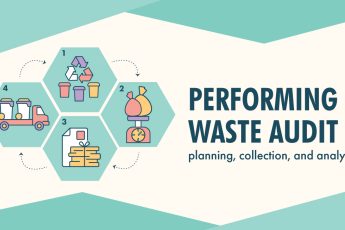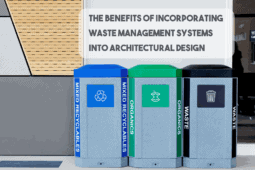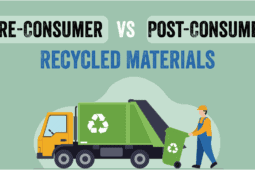
September 22, 2025 By MacKenzie Bradbury No Comments
Retailers are increasingly recognizing the importance of sustainable waste management. However, implementing an effective recycling program presents unique challenges. Insights from the Circular Innovation Council highlight several key obstacles faced by retail businesses:
1. Low Participation Rates
Encouraging customers and staff to actively engage in recycling efforts remains a significant hurdle. Without clear incentives or education, participation often falls short.
2. Contamination of Recyclables
Improper disposal of non-recyclable materials can lead to contamination, rendering entire batches of recyclables unsuitable for processing.
3. High Waste Management Costs
The expenses associated with waste collection and disposal can be substantial, particularly for small to medium-sized retailers.
4. Limited Material Diversion Opportunities
In some regions, the lack of facilities to process certain materials limits the effectiveness of recycling programs.
5. Inconsistent Waste Regulations
Varying regulations across provinces and municipalities complicate the development of standardized recycling practices for retailers operating in multiple locations.
6. Variability in Recycling Markets
Fluctuating demand for recyclable materials can affect the profitability and sustainability of recycling initiatives.
7. Insufficient Data and Reporting
A lack of comprehensive data on waste streams hinders the ability to assess program effectiveness and identify areas for improvement.
Addressing these challenges requires a multifaceted approach, including staff training, customer engagement, and collaboration with waste management experts. For more detailed strategies on overcoming these obstacles, consider exploring our companion article: 7 Tips for Improving Recycling & Waste Management at Your Retail Store.
Key Takeaways (TL;DR)
-
Retail recycling programs face unique challenges, from low participation to inconsistent regulations.
-
Contamination and limited processing facilities can reduce the effectiveness of recycling efforts.
-
High waste management costs and fluctuating recycling markets impact program sustainability.
-
Accurate data collection is essential to measure success and identify improvement areas.
-
Overcoming these challenges requires staff training, customer engagement, and collaboration with experts.







